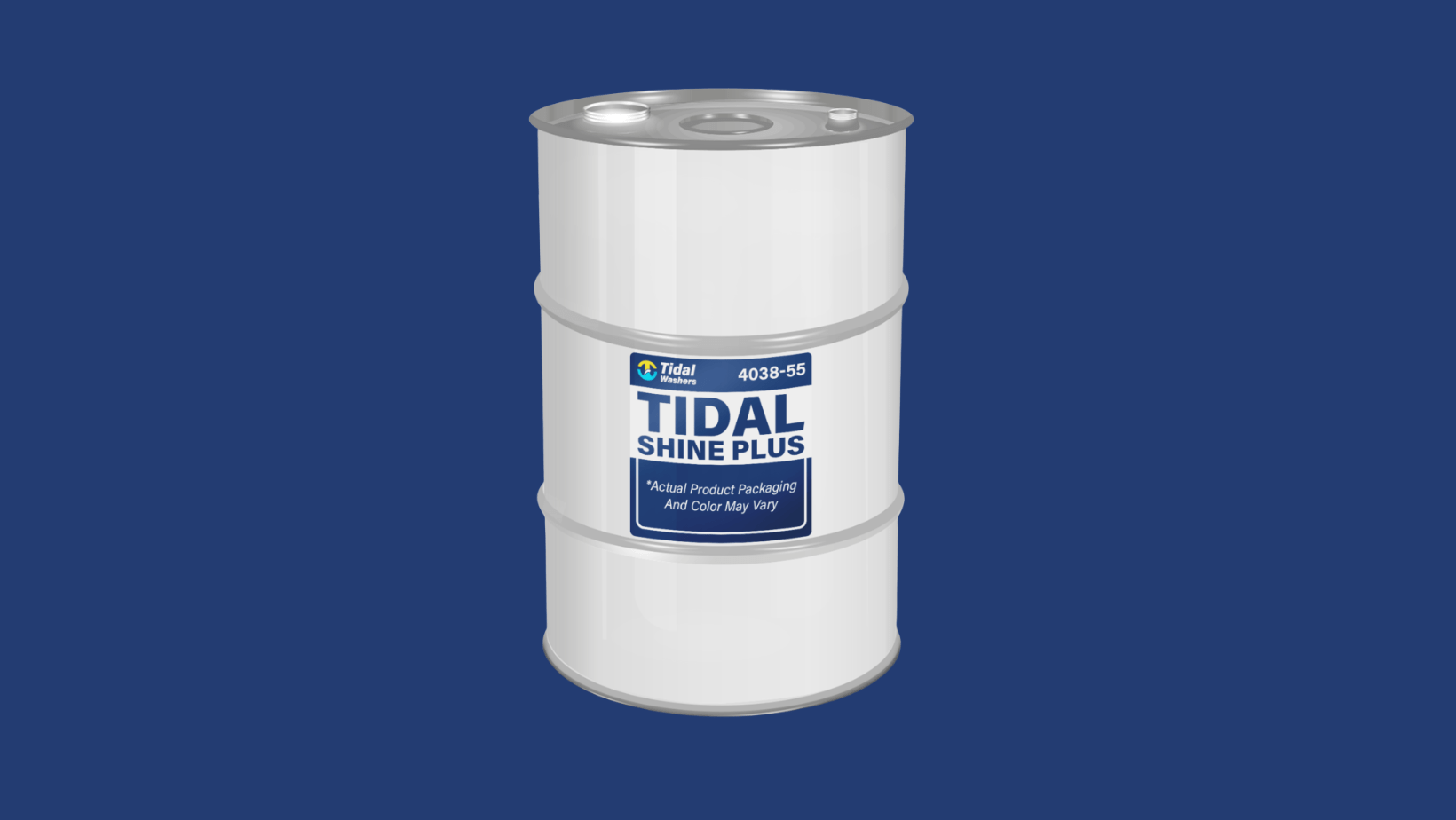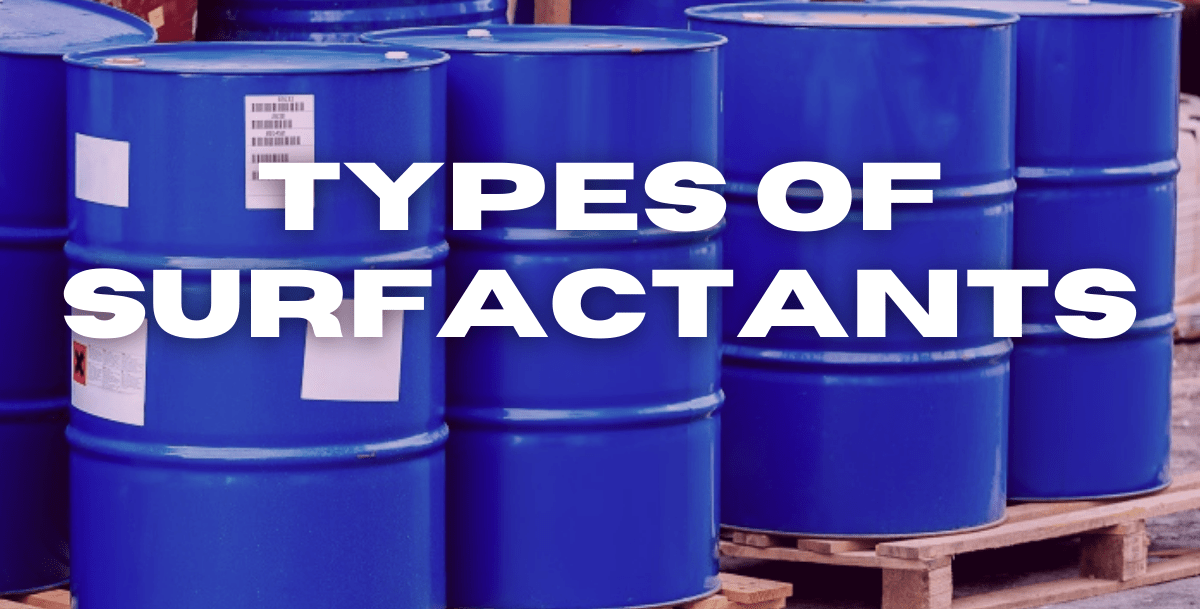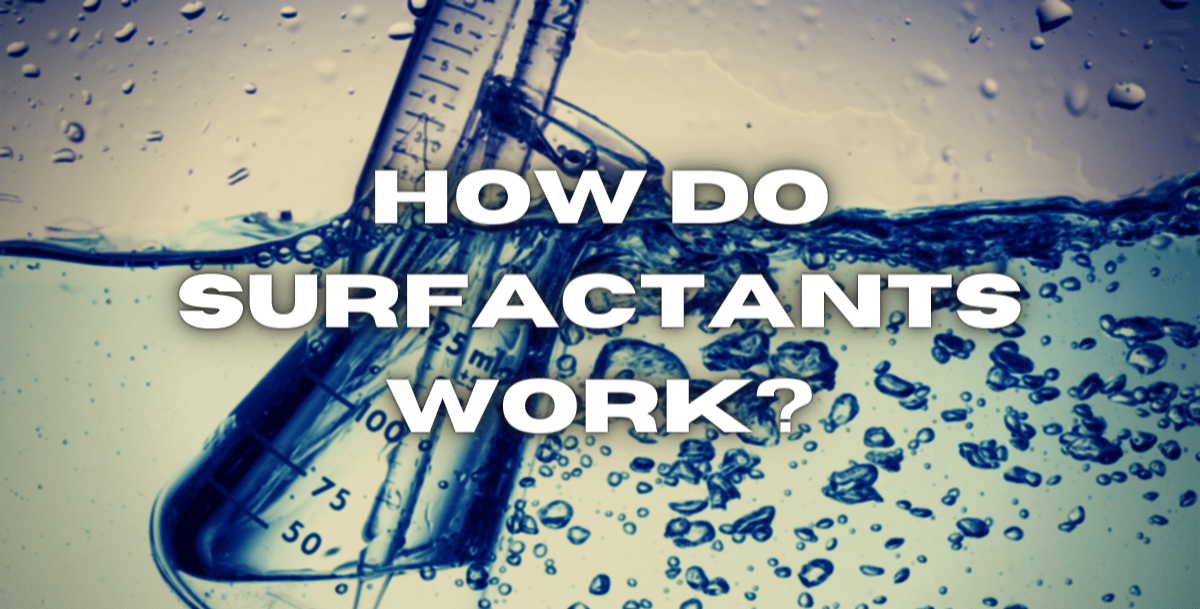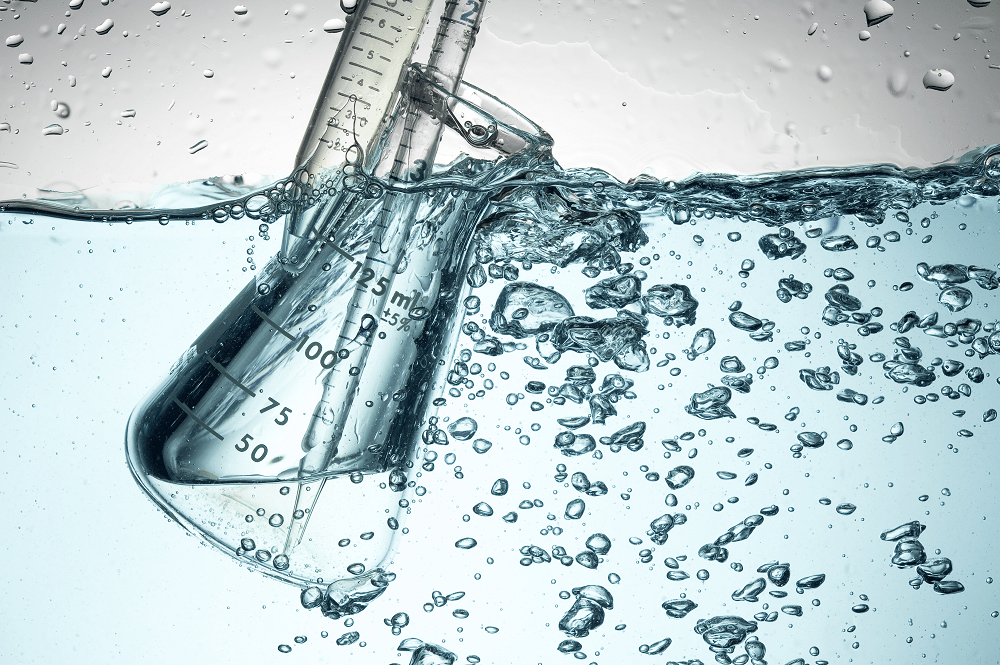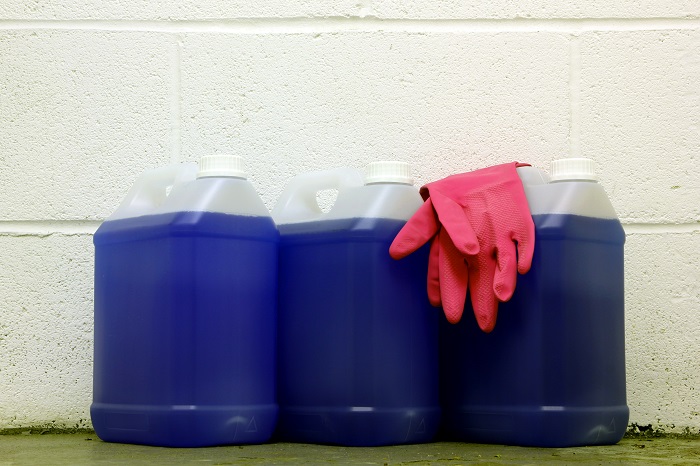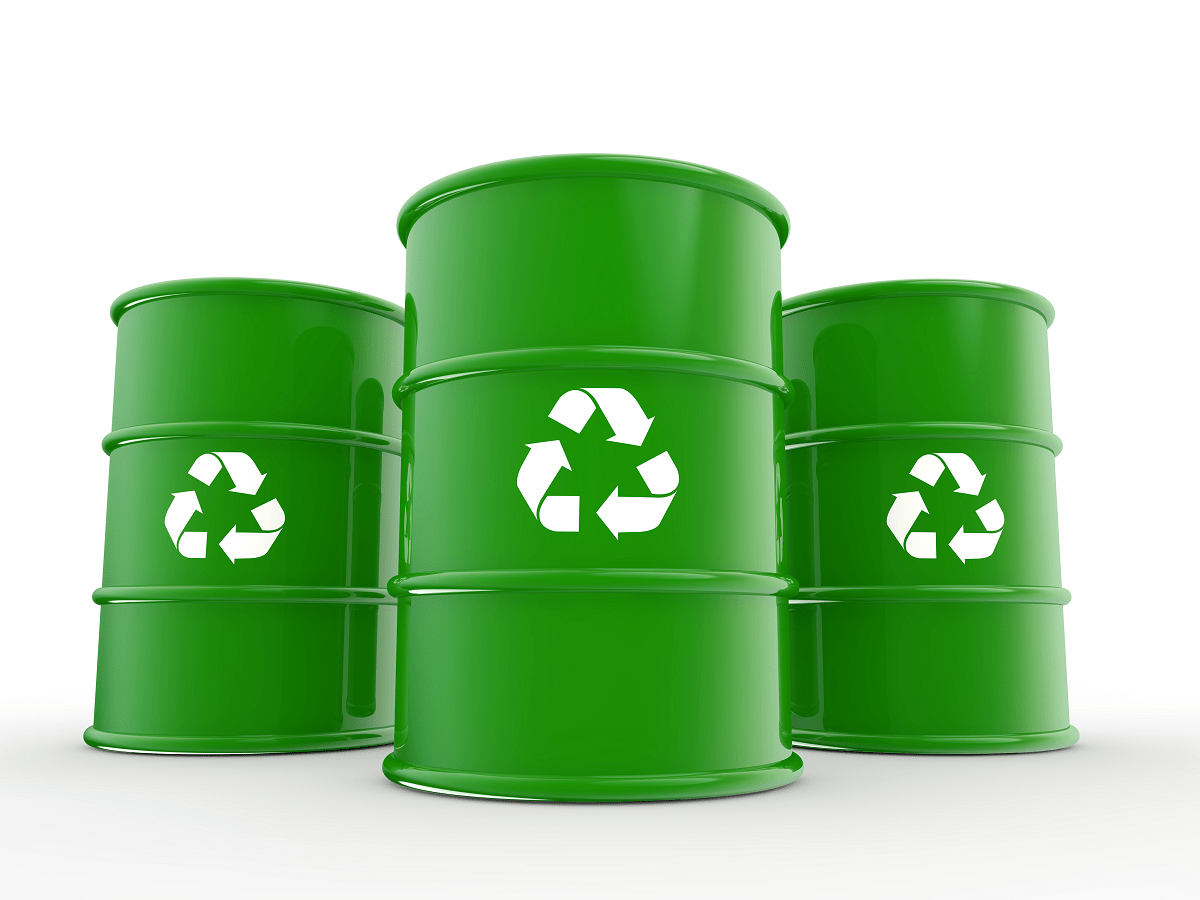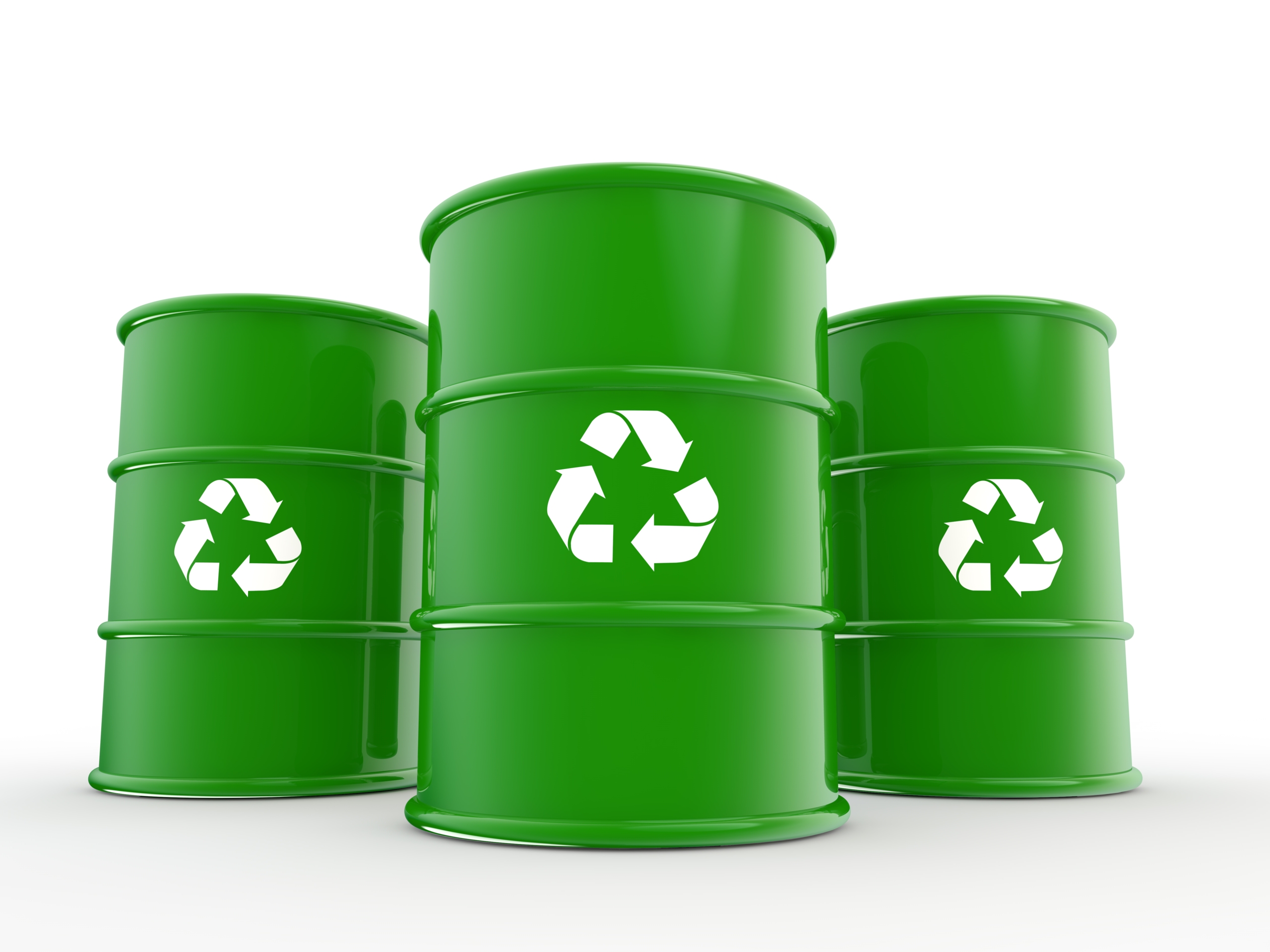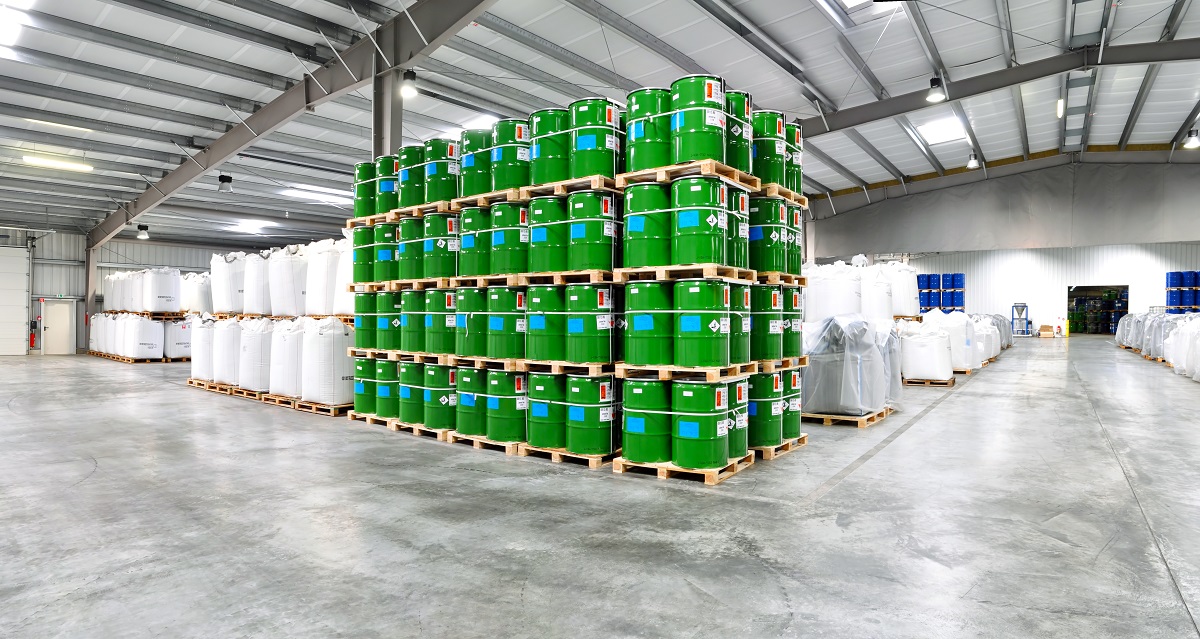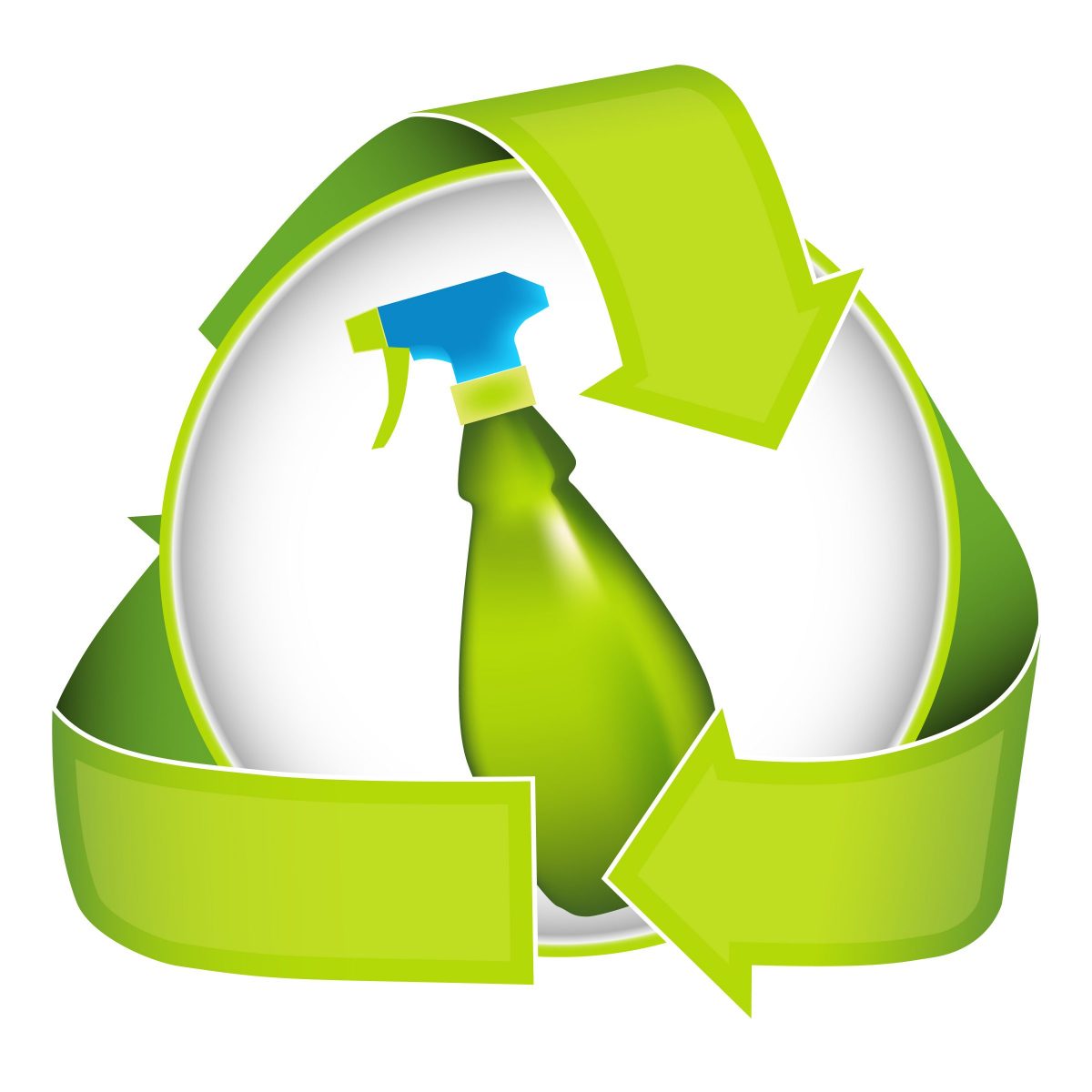Are you looking for an industrial-strength truck cleaner? If so, check out Tidal Shine Plus. Tidal Shine Plus is an alkaline cleaning solution whose...
Blog


CHEMICAL INDUSTRY NEWS
Chemical Chat – Discover What’s New!
Common Types of Surfactants
What are some of the most common types of surfactants? There are four main groups of surfactants which are, anionic, cationic, nonionic, and...
How Do Surfactants Work?
Are you wondering how do surfactants work, and what the best type of surfactant is for your intended purposes? You should first understand that...
Best Fast Evaporating Degreaser For Industrial Use
If you are in need of a fast evaporating degreaser that can be used for industrial machinery, acetone is a highly...
Common Types of Surfactants
What are some of the most common types of surfactants? There are four main groups of surfactants which are, anionic,...
Company News
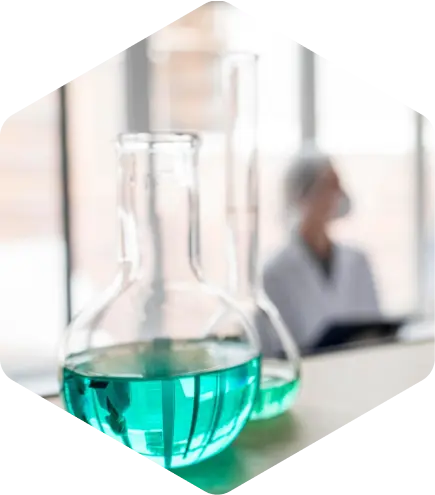
Managed Services
Discover the Latest in Safe and Sustainable Chemical Solutions
Stay informed with Ecolink’s blog! Subscribe now
Chemical Management Information
Stay updated with us
Sign Up for the Latest Updates
Stay informed about chemical supply chain disruptions and emerging innovations to keep your business at the forefront of efficiency and innovation. Uncover new ways to make your business practices more sustainable by incorporating safer products into your cleaning lineup.



